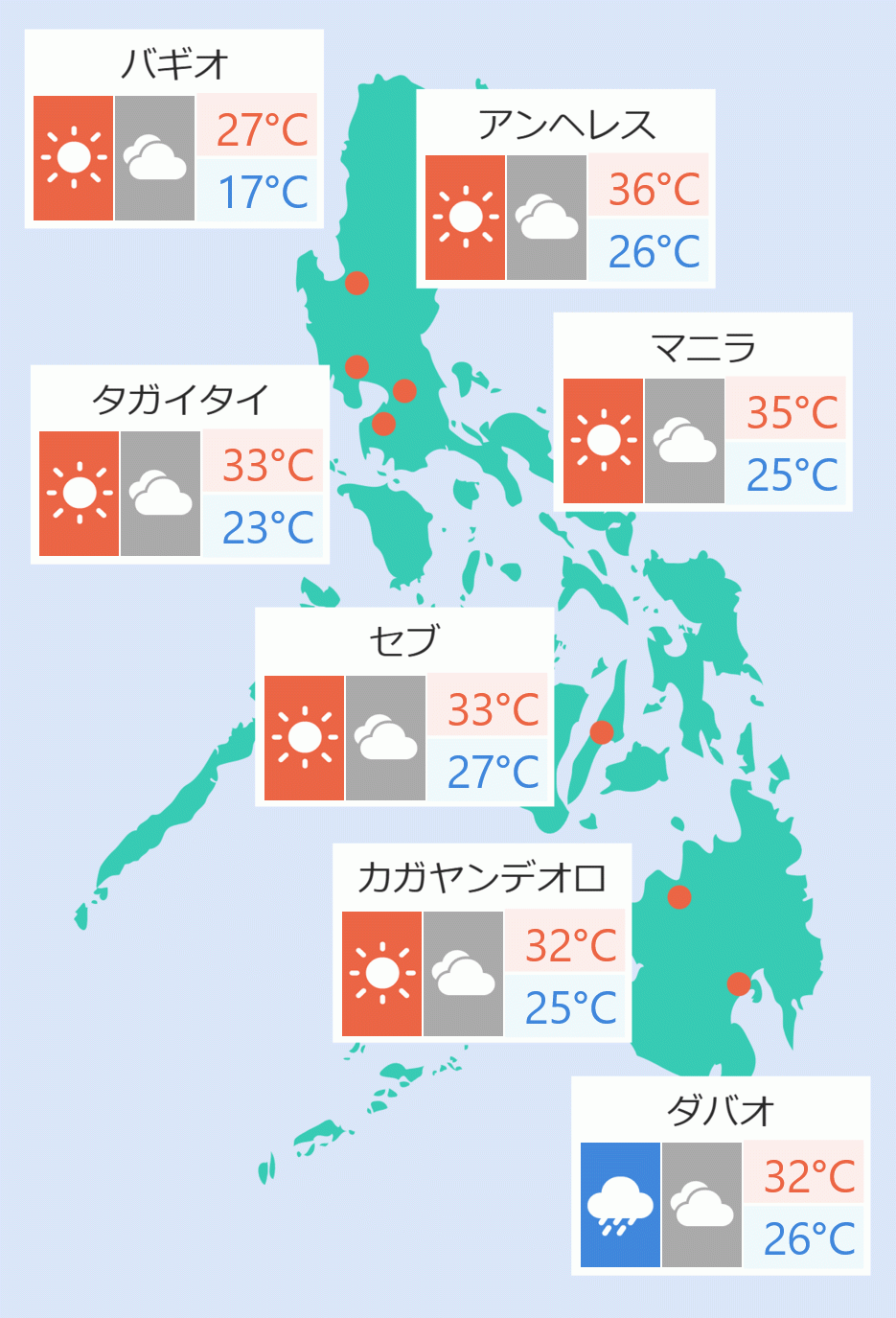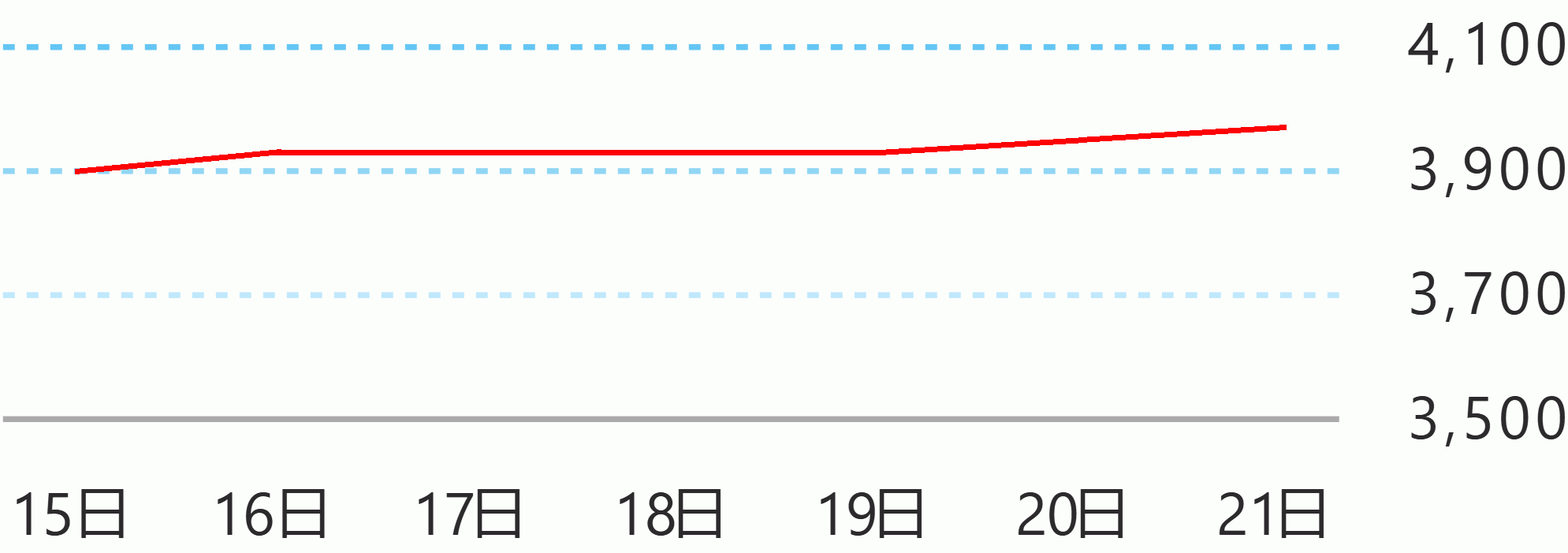Senator Grace Poe expressed disappointment over the National Telecommunications Commission's (NTC) seeming slack in taking action against the proliferation of text scams victimizing millions of mobile phone users.
On Thursday's hearing of the Senate public services committee on subscriber identity module (SIM) card registration, Poe noted that the NTC appeared to be doing only public information work by telling telcos to issue warnings against the scams.
"What are you doing, don't you have complaint hotlines? Have you caught anyone?" Poe asked NTC Commissioner Gamaliel Cordoba.
Cordoba responded, saying the hotline is in the NTC's website.
"Hindi mo memorized ang hotline number n'yo? Kung hindi ninyo alam ang hotline number n'yo, kami pa kaya. I'm very disappointed. If you were really serious about this issue, this would be at the top of your head and you would really tell the public that this is the number you can call and text," said Poe, who heads the Senate panel.
Poe also expressed exasperation when told by the NTC official that for 2022, the agency has blocked only 800 messages.
"We blocked the 800. We were not able to trace the numbers. We blocked them through the telcos," Cordoba said.
Poe replied, saying, "Ilan ba ang may cellphone, around 100 million; 800 lang ang na-block. This is so tragic."
"Dalas-dalasan n'yo, sipagan n'yo ang pagbibigay ng order na mag-text sila (telcos) to warn subscribers," she said.
Information and Communications Technology (DICT) Secretary Ivan John Uy said he shared Poe's frustration over the inability of agencies to crack down on scammers.
Uy reported that the DICT has signed a memorandum of agreement with the Ministry of Singapore to provide the Philippines the upgrading of skills in responding to cyberthreats.
"There is a serious capacity deficiency. Many of the first world countries have addressed several of these concerns. Many cyberscams are deeper than what they seem," he said.
The inquiry tackled six Senate bills that propose the mandatory registration of SIM cards, including the measure filed by Poe. The panel also considered two resolutions seeking investigation into the rising number of text scams.
Poe said phones are also used in terrorist activities, spreading fake news, trolls, cyberbullying and other forms of fraud like phising that necessitate the registration of SIM cards.
Poe asked relevant government agencies and telcos to explain the actions they have taken to combat the text scams.
"May nagawa na ba ang mga ahensiya tungkol sa mga database leaks tulad nito? May naparusahan na ba? Gawa kaya ito ng isang global syndicate? Paano at saan nila nakuha ang mga personal information tulad ng pangalan at numero? At ano ang proseso para sa mga gustong magreklamo?" she asked.
"Sa harap ng malikhain at makabagong panlilinlang sa makabagong panahon, hindi na totoo na walang biktima kung walang magpapabiktima. The burden should not be on the consumers to avoid clicking suspicious links or to avoid falling for scams. And the solution should not be just to block the unknown number," Poe said.
"The onus should also be with the telcos to ensure privacy of customer data, and on the government to plug the gaps and fully face the dangers in the current telecom system," Poe added.





 English
English










